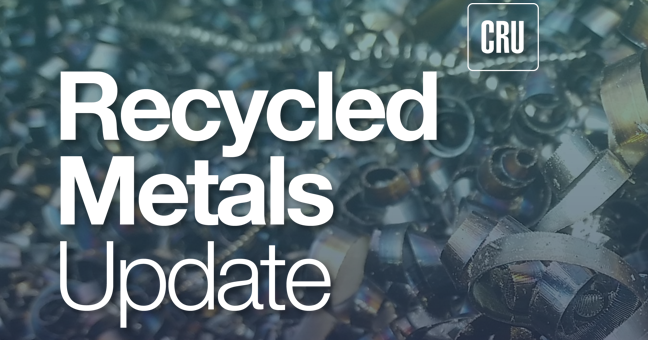Prices

April 4, 2024
Interest rates, weather hit Radius Recycling's earnings
Written by Stephanie Ritenbaugh
Low manufacturing activity and higher interest rates took a toll on Radius Recycling’s profits during the Oregon-based company’s most recent quarter.
Radius reported a net loss of $34 million, or $1.19 per share, during its fiscal second quarter. In the previous quarter, Radius saw a net loss of $18 million, or 64 cents per share.
“Without question, current conditions in the scrap markets remain challenging,” Tamara Lundgren, chairman and CEO, told analysts Thursday. “The cyclical headwinds of high interest rates and low manufacturing activity are creating tighter supply flows and compressing our metal spreads, and they are being exacerbated by continued inflationary pressures.”
Lundgren said the last few months saw unusually wet winter weather, which also hit second quarter volumes.
Ferrous sales volumes fell 15% due to the lower supply flows and delays of bulk shipments at the end of the quarter, the company reported.
Nonferrous sales volumes dropped 3% during the quarter, but increased by 7% year-over-year, the company said, citing additional production its nonferrous recovery technologies and platform expansion.
Finished steel sales volumes fell 11% during the quarter due “seasonally lower construction demand exacerbated by a prolonged period of rain on the West Coast.” However, finished steel sales gained 5% year-over-year.
During the second quarter, Radius reduced costs by 10%, a move that included employee reductions. The cuts support a $40 million productivity plan. That plan was initially $30 million when it was announced in October.
“Approximately half of the targeted quarterly run-rate benefits from these initiatives are expected to be achieved in the third quarter, with substantially all of the remainder by the end of the fiscal year,” the company said.
Executives were asked about the impact of two recent disasters in the news, the Baltimore’s Francis Scott Key Bridge collapse in March and the earthquake in Taiwan this week.
Lundgren said exports and logistics activity isn’t likely to be impacted by the Baltimore bridge incident.
As for Taiwan, “I think any rebuilding, or the rebuilding that is necessary in Taiwan, is likely going to be met by their own domestic capacity,” Lundgren said.







